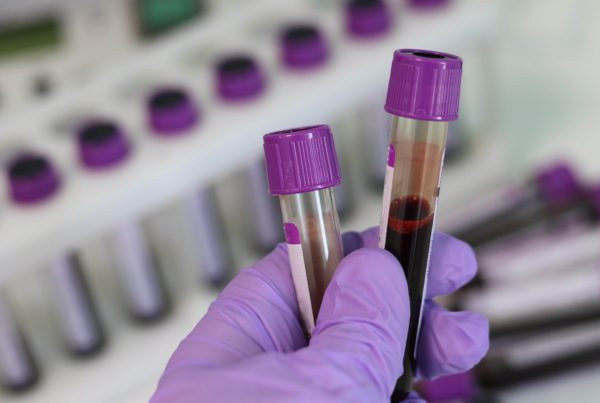Even in the best of times, postpartum depression and anxiety can be tough for women.
But the pandemic has added an extra layer of hardship to new moms at a time when they’re already feeling vulnerable. There’s the stress caused by caring for older children stuck at home, or just the fear of getting sick. All of this can all weigh on pregnant women and new moms.
Karen Horst, medical director of the Women’s Place Clinic at Texas Children’s Hospital Pavilion for Women in Houston, said that 10 to 20% of moms will experience postpartum depression or anxiety. Those conditions can make it harder for them to take care of their new babies, and affect the child’s future well-being.
“There are actually brain changes that come with clinical depression, for example, that impair a woman’s ability to attach with the baby,” Dr. Horst said. “So that has really negative effects on that child’s neurodevelopment.”
Also, the pandemic makes it harder for moms to seek help. They’re often cut off from social connections that help them navigate pregnancy and early childhood.
“Women can’t go to prenatal classes and meet other moms, or even just go to an exercise class that’s for pregnant women, and just meet other moms and talk to them about their experiences,” Dr. Horst said.
And the effects of untreated mental health conditions in moms-to-be and new mothers has broader effects on society, including the economy.
“We found that the total cost nationally of maternal mental health conditions is $14 billion when following the mother-child pair from conception through five years postpartum,” said Caroline Margiotta, health research analyst for the firm Mathematica.
The firm partnered with the St. David’s Foundation and Texans Care for Children to study the human and financial cost caused by untreated maternal mental health conditions in Texas. They found that those symptoms, left untreated, cost the state $2.2 billion in health care costs and productivity losses in 2019.
“It incorporates basically the higher work absenteeism and presenteeism,” Margiotta said. “So you’re not necessarily just absent from work, you’re also less productive when you do go to work. And those who are depressed might also be less likely to participate in the labor force, or they might be unemployed because they can’t really hold down a job.”
One of the biggest barriers to treatment is lack of health insurance, so these issues can hit low-income families especially hard. But help may be on the way for moms on Medicaid in Texas. House Bill 133 would extend Medicaid coverage to eligible women for up to a year after giving birth or miscarrying, making permanent an extension of benefits that first went into place at the beginning of the pandemic. Before that, women lost coverage after 60 days.
Dr. Horst said it’s a step in the right direction.
“That’s huge. That is such good news,” she said. “We’ve been able to extend our care in such a helpful way because postpartum mood problems persist beyond the first couple of months.”
The Texas House has passed the bill and it is now awaiting hearing in the Texas Senate’s Health and Human Services Committee.














